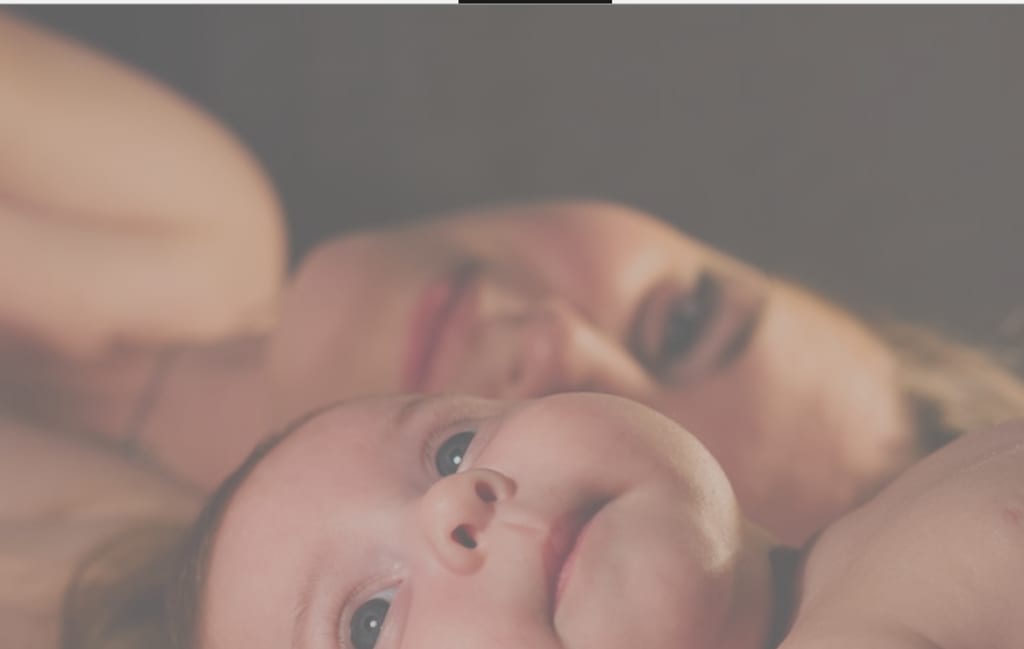
We all know that having children is such a rewarding experience and that it is very easy to get caught up in parenting and have your child consume all of your time. As much as we love our children it is very important to make time for you and your spouse. I would recommend a date night at least once every two weeks. Leaving your child for a night can be tough as is, but if your child suffers from separation anxiety it can be even harder to get away. A child can experience separation anxiety for several reasons, whether due to a traumatic change such as weaning or a family move. Other times, the child is fully aware that when you leave you are still around but not with them which can cause their distress. Anxiety usually occurs after 6 months but can last well over a year.
If you are faced with this issue, here are some techniques that you might find helpful in diminishing your child's distress and attaining that much-needed quality time with your spouse. First, communicate with your child. Do not assume that they are too young to understand. Let them know what you are planning to do and for how long. It usually helps to give them a couple of days to process the information. Explain to them that it is only for a short while and that you will always come back. It is important to do this because it builds faith and trust in you as a parent, keeps them in the loop, and creates a positive experience.
Second, try to keep things normal and familiar to your child when you leave. For instance, have someone come to your house to watch your little one rather than them going over there. Try to find a sitter that your child knows and trusts, such as grandparents or family members. If at all possible, try to keep your child with his/her siblings. And it is helpful to have their favorite blanket, toy, etc…All of this is a routine that your child is accustomed to and will create a more relaxed and comfortable environment.
Third, always say "Good Bye" to your little one before leaving. This allows them to be fully aware of the transition of your leaving. By doing this, you can potentially avoid a meltdown once they realize that you are gone. Some other things that might be helpful are leaving something behind for them that reminds them of you, like a picture, video, or scarf. This can be a comfort for them knowing that some part of you is still there. Another technique would be to call your child on the phone during your outing, just to check in with them and let them know that you are out but will be home soon. This could help establish a train of thought that even though you are not there physically, you can still be there in other ways. This could create security that they will hear from you and see you soon. It can also create a routine that once you call, they know that you will be home soon. However, use this technique at your discretion. Although this may work for some children, it can also have the adverse effect of reminding your child that you are not there and give them anxiety all over again.
Either way, it is important to keep these two things in mind… communication and preparation. Different techniques will work for different children. Do not get frustrated, it is your child's way of saying that they love and need you and with a little time and patience, your child should outgrow this stage sooner or late
About the Creator
Sal Tori
Education is what remains after one has forgotten everything one has learned in school.






Comments
There are no comments for this story
Be the first to respond and start the conversation.